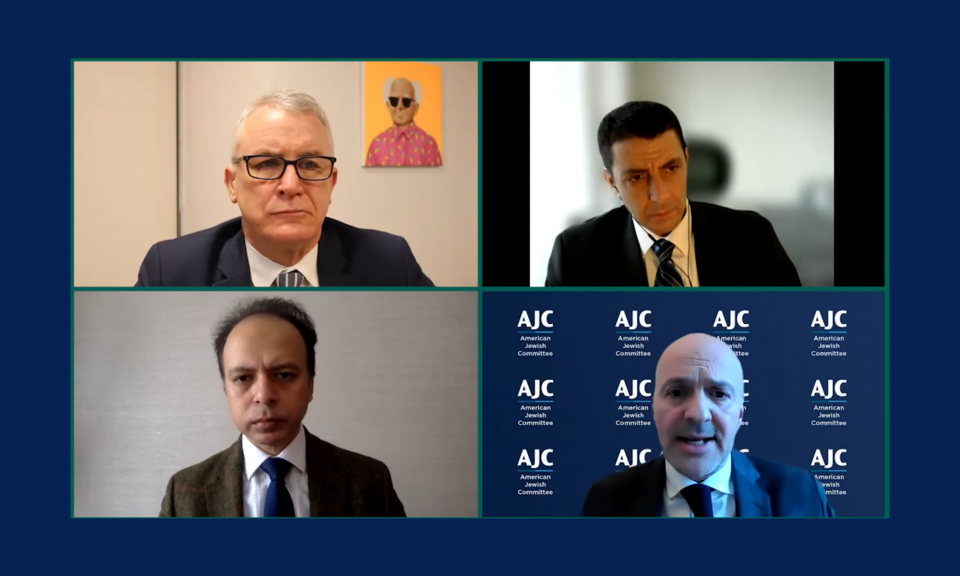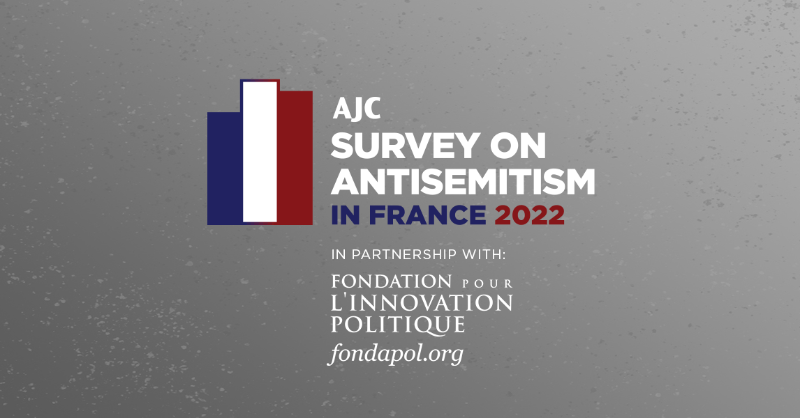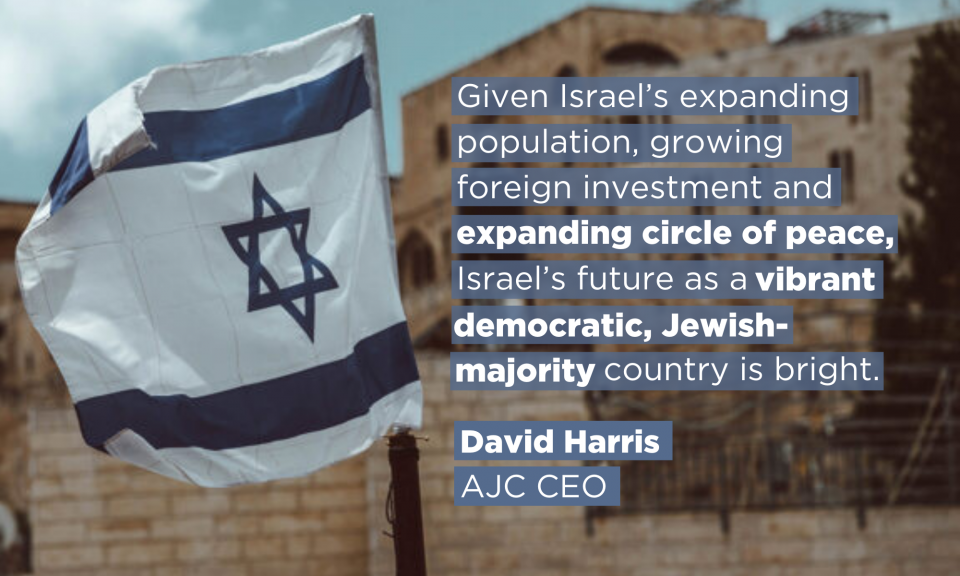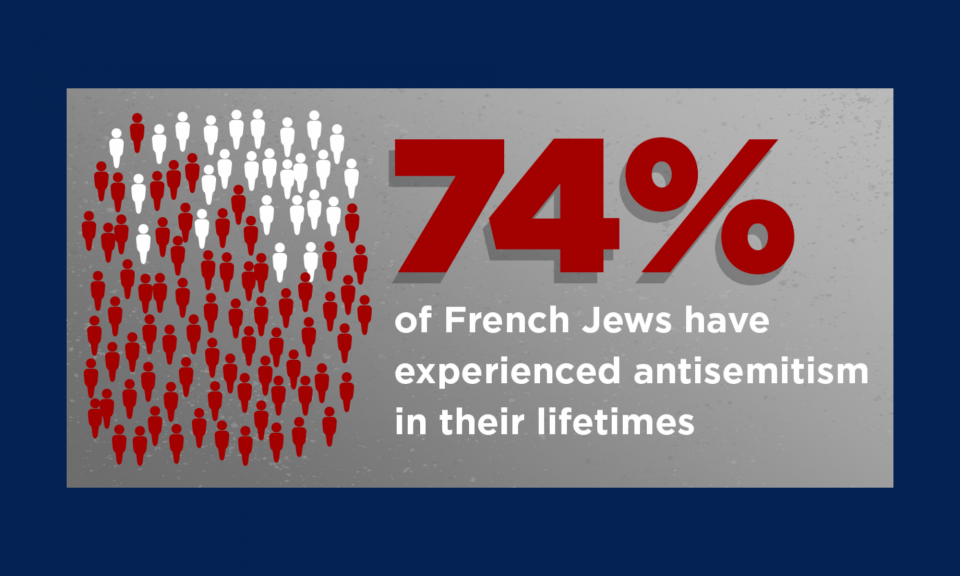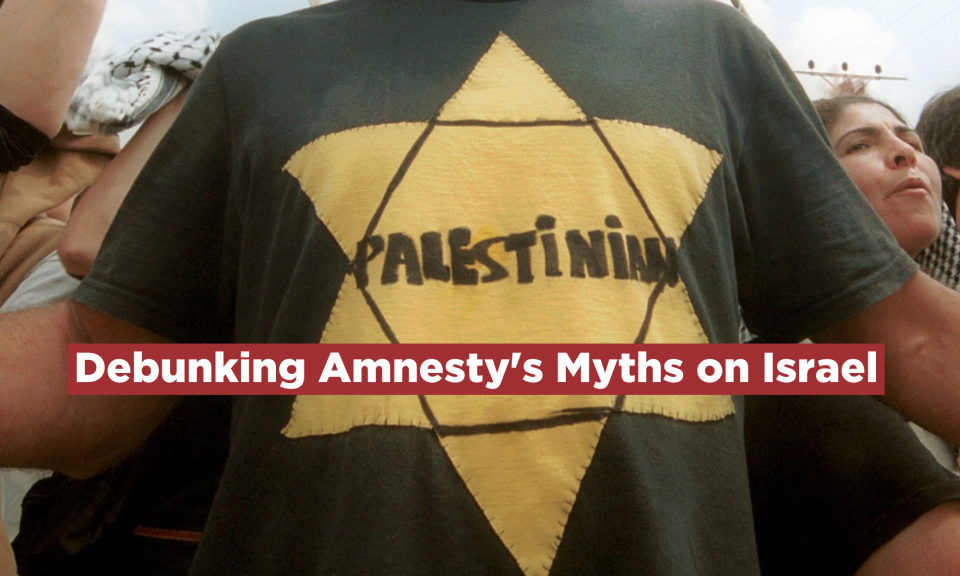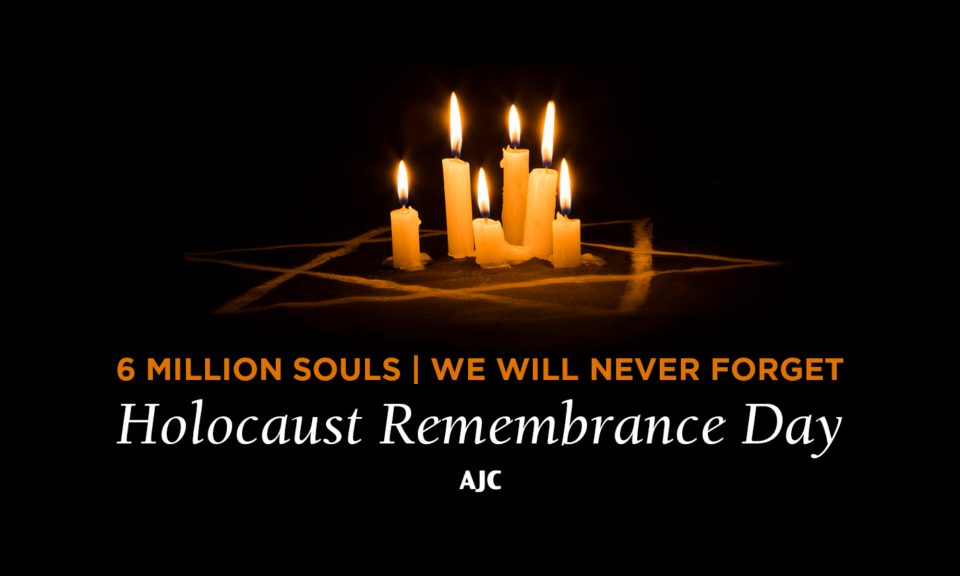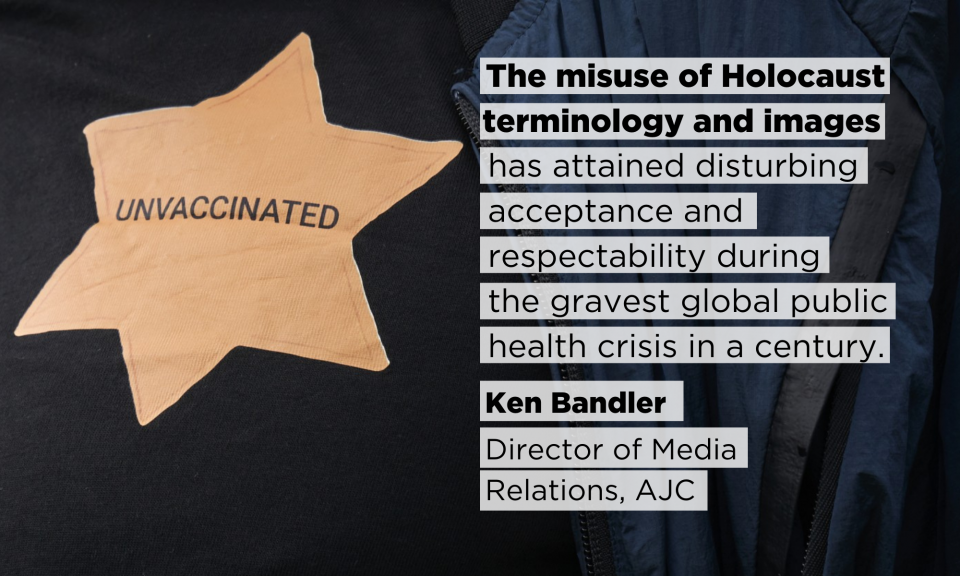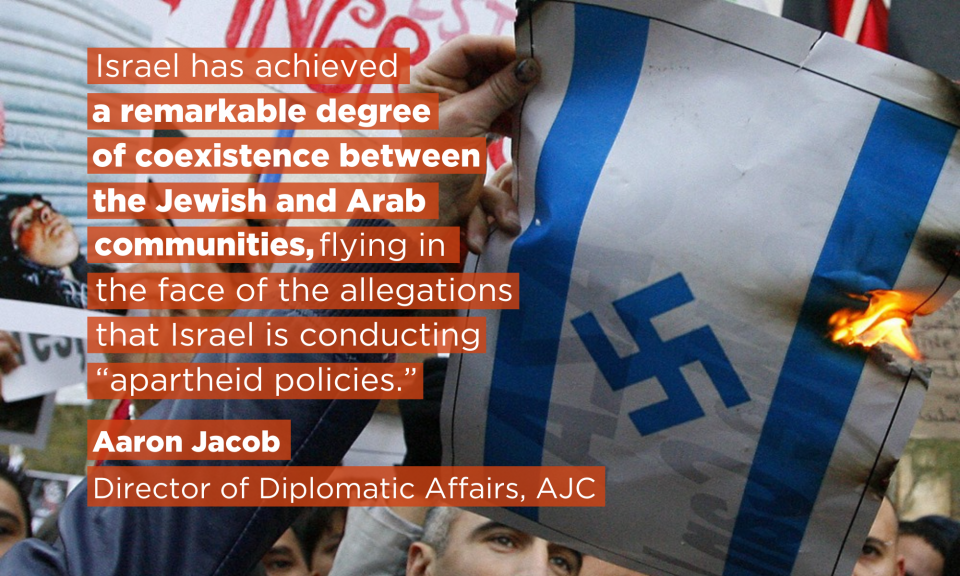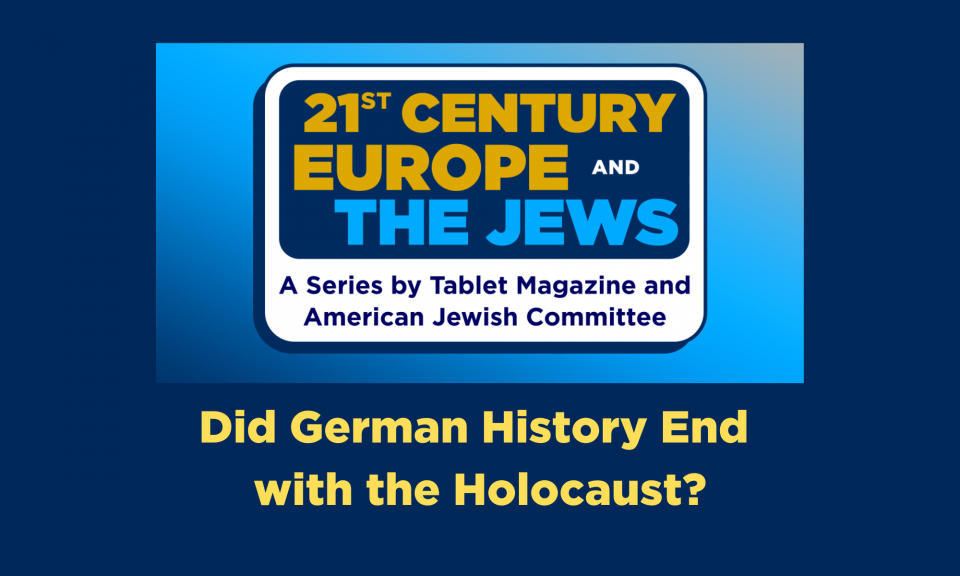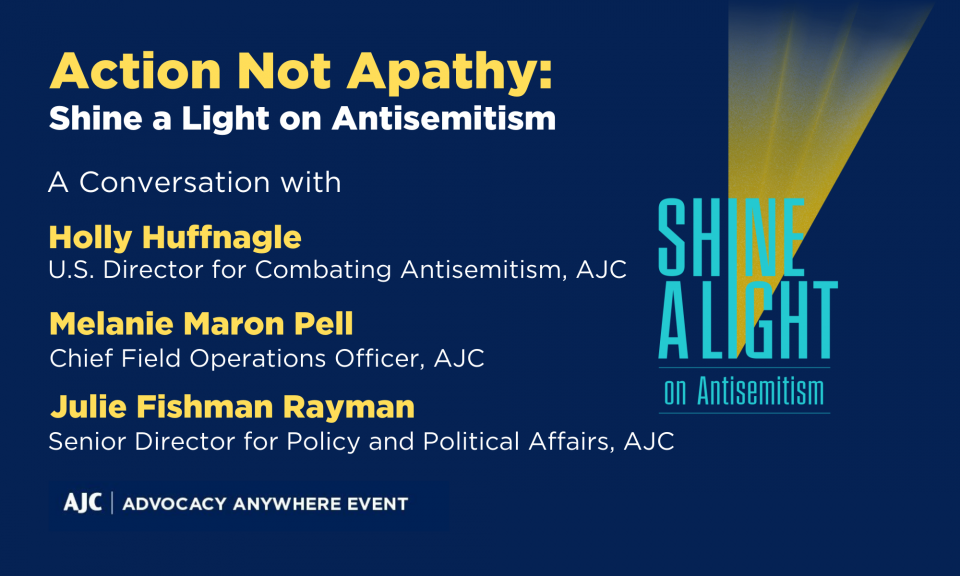Analysis
Why Germany’s Iran Policy is Dangerous
Why Germany’s Iran Policy is Dangerous
November 16, 2021
Bild (originally in German)
In his latest interview with Germany’s Bild, the most-read newspaper in Europe, AJC CEO David Harris discusses Germany-Iran ties, Germany-Israel relations, COVID-19 conspiracy theories, Holocaust relativization and other current issues. The English translation of the interview is below.
1. What are your expectations for the new German federal government as it relates to the security of Israel?
Since the days of Federal Chancellor Konrad Adenauer, Germany has laudably understood its special obligation to the state of Israel, the only Jewish-majority nation on earth. During the Merkel era, to her credit, that became a matter of Germany’s Staatsräson. Clearly, it is our hope and expectation that the new German government will reaffirm this unique relationship — and Germany’s ironclad commitment to Israel’s security and equal place in the community of nations.
2. On November 9th, Germany commemorated the victims of the November pogroms, and the next day, the Federal Foreign Office received Iran’s deputy foreign minister in Berlin. What is your assessment of this visit?
Some things are, or at least should be, abundantly clear by now. Iran is an aggressor nation, with its destabilizing tentacles spread across the Middle East — and beyond, including in Europe. It is a serial human rights violator, especially targeting political dissidents, women, religious minorities, and the LGBT community. And it’s an untrustworthy nation, whose pledges and promises, whether in the nuclear realm or elsewhere, are meaningless. German officials should never succumb to wishfully thinking, naïveté, or the primacy of trade relations at any cost.
And what is especially striking is that just a day after we commemorated the Pogrom of November 1938 and heard the declarations about “Never again,” the German Foreign Ministry welcomed the representative of a state that calls for a world without Israel, and has been actively working on this goal for decades now.
3. There have also been astonishing decisions coming out of Brussels: European Parliament just resolved to transfer additional millions to the Palestinian aid organization, UNRWA, although it works with antisemitic schoolbooks.
The issue of UNRWA is even larger and still more concerning. For the past 70 years, this bloated bureaucracy has treated Palestinians differently than every other population in the world. It has no mandate whatsoever to resettle Palestinians, in stark contrast to the UN High Commission for Refugees. And it has the most expansive definition of the word “refugee” anywhere, allowing descendants of Palestinian refugees, without limit, to take on the status of refugees themselves. Add to the mix what’s too often taught in UNRWA schools about the “evil nature” of Israel and Jews, and the problem only grows bigger and still more pressing.
4. The “Querdenker” (Anti-vax) demonstrations have repeatedly been the scene of antisemitic occurrences. Do you feel that the German authorities are sufficiently sensitized to this issue?
Since the onset of the COVID pandemic, two particularly worrisome developments have occurred from my perspective as a Jew. First, it ushered in a new era of conspiracy theories seeking to link Jews to this global health crisis. Aided by social media, and filling a “need” for easy targets, these outlandish claims spread around the world. And second, for those opposing the vaccines and government mandates, many drew on World War II imagery, seeking to portray themselves as bearers of a “yellow star” and accusing authorities of behaving like the Gestapo. These wild actions distorted and trivialized the meaning of the war and the Holocaust, phenomena we are witnessing, more broadly, with increasing frequency.
5. This relativizing and instrumentalizing of the Holocaust is increasingly occurring in German universities as well, especially coming from the BDS milieu. Are you concerned about this development?
Yes. The Holocaust was a unique event in human history. A nation, Germany, together with its willing collaborators, set out to exterminate an entire people, and developed an industrialized capacity to do so, including a new alphabet of genocide — from “A” for Auschwitz to “Z” for Zyklon-B. The Nazi regime almost succeeded, destroying two-thirds of European Jewry and most of the foundations of Jewish civilization. Trying to relativize the Holocaust — or appropriate its language and symbols — is a transparent way of seeking to diminish its magnitude and deflect attention away from the specificity of these horrific crimes against the Jewish people, including many members of my own family.
